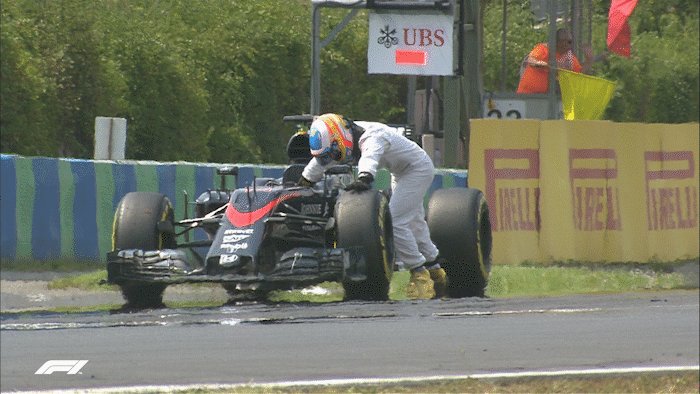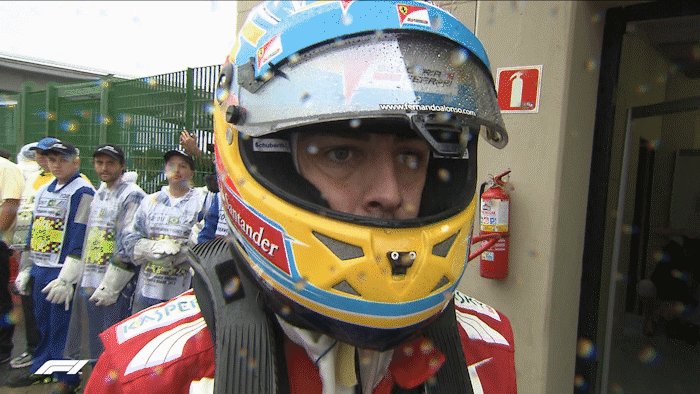3) Antifragile: Life is chaotic. The best aren't broken by the chaos—they build structure to benefit from it.
10 fascinating traits of highly-successful people:
1) Enjoy Being Wrong: The most successful people legitimately enjoy being wrong. They’ve learned to embrace new information that forces you to change your viewpoint—these "software updates" improve upon the old.
(read on)
3) Antifragile: Life is chaotic. The best aren't broken by the chaos—they build structure to benefit from it.
5) Self-Awareness: The most successful people are hyper self-aware. They know their unique edge (and their weaknesses).
7) Focus on Questions, Not Answers: They ask great questions. It allows them to aggregate insights more effectively.
9) Impatient Long-Term Thinkers: Long-term thinking plus short-term impatience for action is the recipe for success.
What others would you add to the list?
Follow me @SahilBloom for more writing on life and growth. I’ll write a deeper dive on this in my newsletter. Join 115K others! https://t.co/32basvHOHZ




















